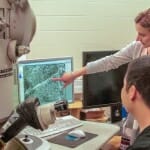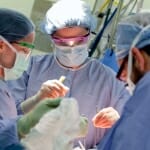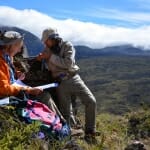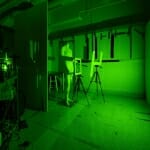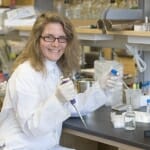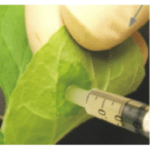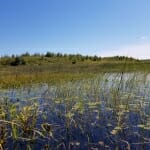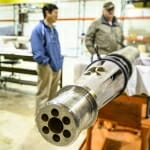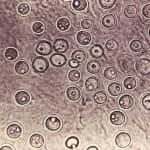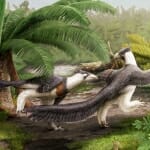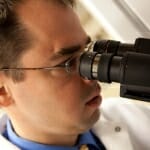Tag Research
Single protein plays important dual transport roles in the brain
A wide range of neurological conditions could benefit from the growth of axons — the telephone wires of the nervous system — including spinal cord injuries and some neurodegenerative diseases, says researcher Edwin Chapman.
UW study: Major surgery is associated with minor cognitive decline
The decline was akin to about five months of aging, according to research led by Dr. Robert Sanders, assistant professor of anesthesiology, and conducted by Dr. Bryan Krause, assistant scientist in anesthesiology.
Lessons of conventional imaging let scientists see around corners
Scientists from the University of Wisconsin–Madison and the Universidad de Zaragoza in Spain, drawing on the lessons of classical optics, have shown that it is possible to image complex hidden scenes using a projected “virtual camera” to see around barriers.
Researchers recreate the sun’s solar wind and plasma “burps” on Earth
A new study by UW–Madison physicists mimicked solar winds in the lab, confirming how they develop and providing an Earth-bound model for the future study of solar physics.
Thanks to science, parasite can have sex in mice, not just cats
The work could lead to a vaccine for cats and throws a critical lifeline to scientists who study the parasite by providing a new animal model in which to study it.
Chemical catalysis pioneer James Dumesic wins international energy prize
Dumesic was selected for his pioneering work on novel catalytic processes for converting plant material into advanced fuels, biodegradable plastics, and other renewable chemicals.
“Breakthrough” grants awarded to two agriculture researchers at UW–Madison
The competition asked scientists and engineers to build new, dramatic solutions to improve crop systems by harnessing all available technologies.
UW scholars receive major funding to study polarization and civic renewal
Journalism and mass communication researchers have received $1 million from the John S. and James L. Knight Foundation to create a center that will expand a study of state and regional communications systems.
Wild rice project sows seeds for university, tribal collaboration
A graduate student is working on a project to build connections between the UW and Native American tribes around wild rice protection and restoration efforts.
Investigation into fungal infection reveals genetic vulnerability in Hmong
A new UW–Madison study has identified a specific genetic vulnerability among Hmong people that renders them more susceptible to the disease-causing fungus.
Small Wyoming dinosaur helps rewrite the evolutionary story of birds, flight
A dinosaur found in Wyoming is helping UW–Madison researchers rewrite the family history of dinosaurs and modern birds.
Researchers probe cell division defects to gain insight into cancer
Colleagues at the UW Carbone Cancer Center are leading efforts to better understand how chromosome segregation goes wrong and contributes to disease.
Simple ‘smart’ glass reveals the future of artificial vision
UW-Madison engineers have devised a method to create pieces of “smart” glass that can recognize images without requiring any sensors or circuits or power sources.



